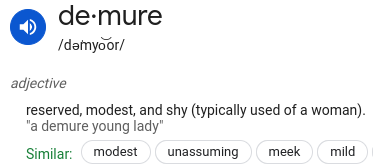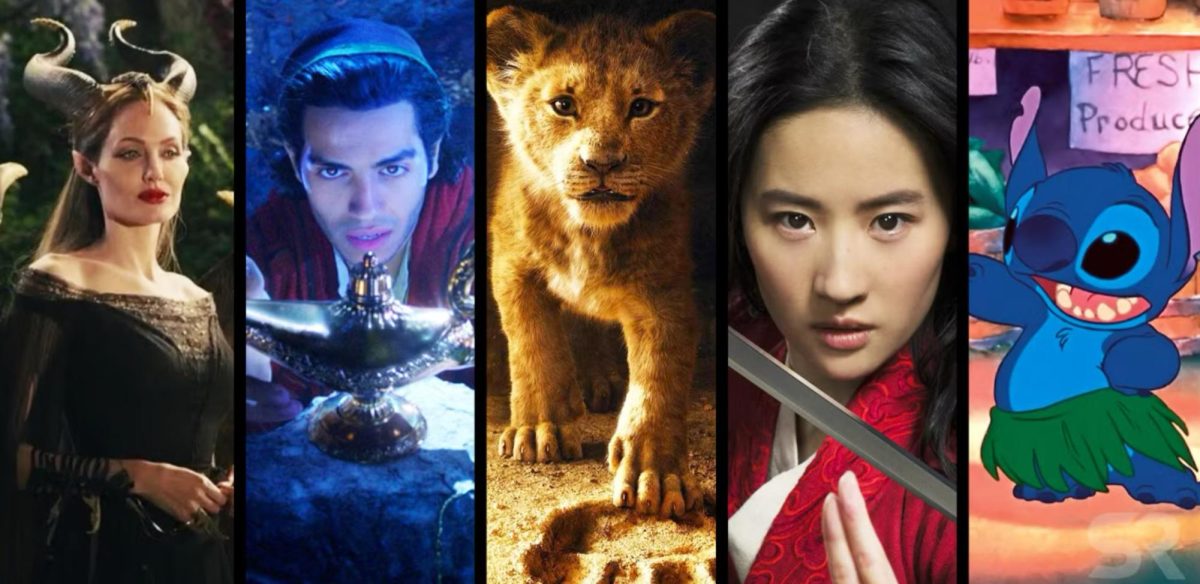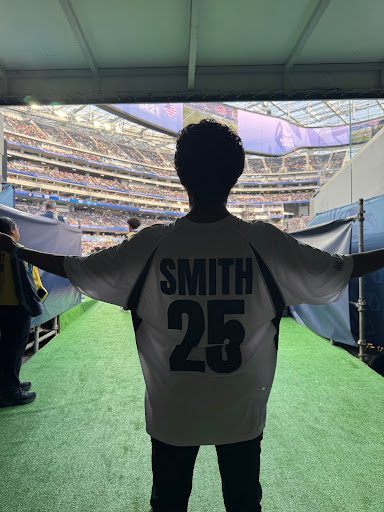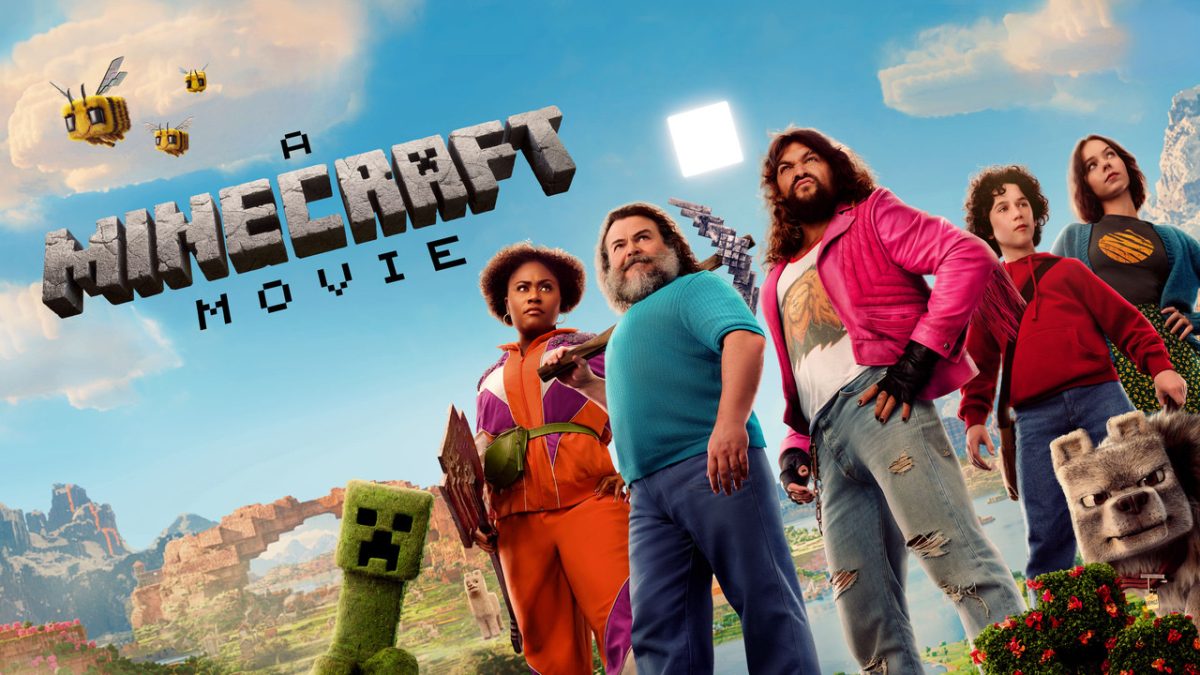TikTok has a cultural impact, shaping not just what we wear or listen to, but also how we communicate. The platform originally known for its viral dance challenges, has morphed into a space where new slang terms pop up faster than you can refresh your feed. From phrases that challenge gender norms to words that completely reinvent the idea of confidence, TikTok has changed the way we think about language.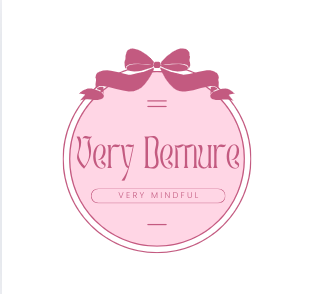
One of the latest words to make a splash on TikTok is “demure.” But why has this seemingly old-fashioned word suddenly become the new trend? Traditionally, “demure” is used to describe someone who is shy, modest, or plain in appearance. It’s about being understated, often in terms of behavior or dress. But TikTok has given it a whole new life.
On the app, “demure” is now used to describe anything but shyness. In fact, it’s often used ironically. Users post videos of themselves dressed in bold, eye-catching outfits or showcasing their confident, outgoing personalities while casually calling themselves “demure.” It’s a perfect example of how TikTok lets people bend and twist language to fit their own image—shifting meaning in ways that might surprise you.
”Philip Karyou, a senior at North Hollywood High School, shared his experience with the term. “The rise of demure happened so quickly. It was this funny three-day period where everyone was overusing it,” Karyou says. “I remember seeing it for the first time on TikTok. I liked the sound of it, but didn’t know what it meant. Then I started using it whenever I did something modern, like not finishing my food, and I’d say, ‘I’m so *demure* for not finishing my food.’”
Karyou’s take shows how TikTok is less about getting words “right” and more about having fun with them. It’s about creating a shared experience through humor and irony, and *demure* fits perfectly into that. The word isn’t about being quiet or reserved anymore—it’s more about embracing boldness with a wink and a nod to tradition.
So, what makes “demure” take off like this? It’s all about TikTok’s algorithm. Unlike other platforms, where popularity depends on the number of followers you have, TikTok’s “For You” page is driven by engagement—likes, shares, comments—meaning even a small account can make a big impact.Angelique Hernandez, SAS senior, shared her perspective: “It was pretty funny because I know it shows up in the movie Mulan, which is one of my favorite Disney movies. It was nice to hear people use the word.”
Karyou adds, “TikTok has totally changed how I talk. I’m always using the latest trends and slang that I see. It’s not just on TikTok anymore—it’s everywhere, even when I’m hanging out with my friends. We’re always talking about the latest drama involving influencers like “shawty bae” in conversations.” It’s a reminder that TikTok’s influence isn’t just about what’s trending in a digital space—it seeps into everyday life, making these slang terms part of our everyday vocabulary.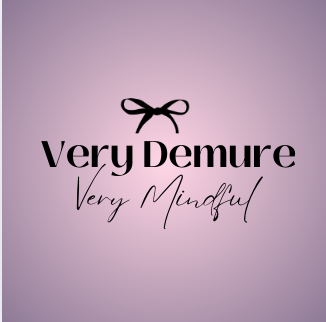
TikTok’s influence on language isn’t just limited to students—it impacts educators too. Mx. Tien, the Psychology teacher at North Hollywood High School, shared how trends like “demure” shape communication.“I first saw the word ‘demure’ in a TikTok reel a couple of months ago, and soon after, I heard students using it,” Tien said. Mx.Tien found the trend playful, but only used the word occasionally and humorously.
While Tien enjoys TikTok’s creativity, it hasn’t changed how they speak. They note the platform’s mixed impact, from spreading harmful challenges to raising awareness about social issues, emphasizing that its influence depends on how it’s used, like incidents about racism discrimination.
“It’s not always positive or negative—it depends on how it’s used.” Tatiana Amaya, an SAS senior, added, “At first I thought it was annoying, but then I grew comfortable with it. I don’t judge people who did say it. I use the slang of random audios and do use TikTok slang.
“Demure” is a great example of how TikTok has taken a traditionally quiet word and flipped it on its head. Instead of being modest or shy, TikTok users are claiming the word with a sense of confidence and irony. As TikTok continues to grow, so does its influence on language. Will “demure” stick around, or will it be replaced by something new in the next viral wave? The beauty of TikTok is that language is constantly evolving; what’s fresh and fun today can be yesterday’s news tomorrow.

